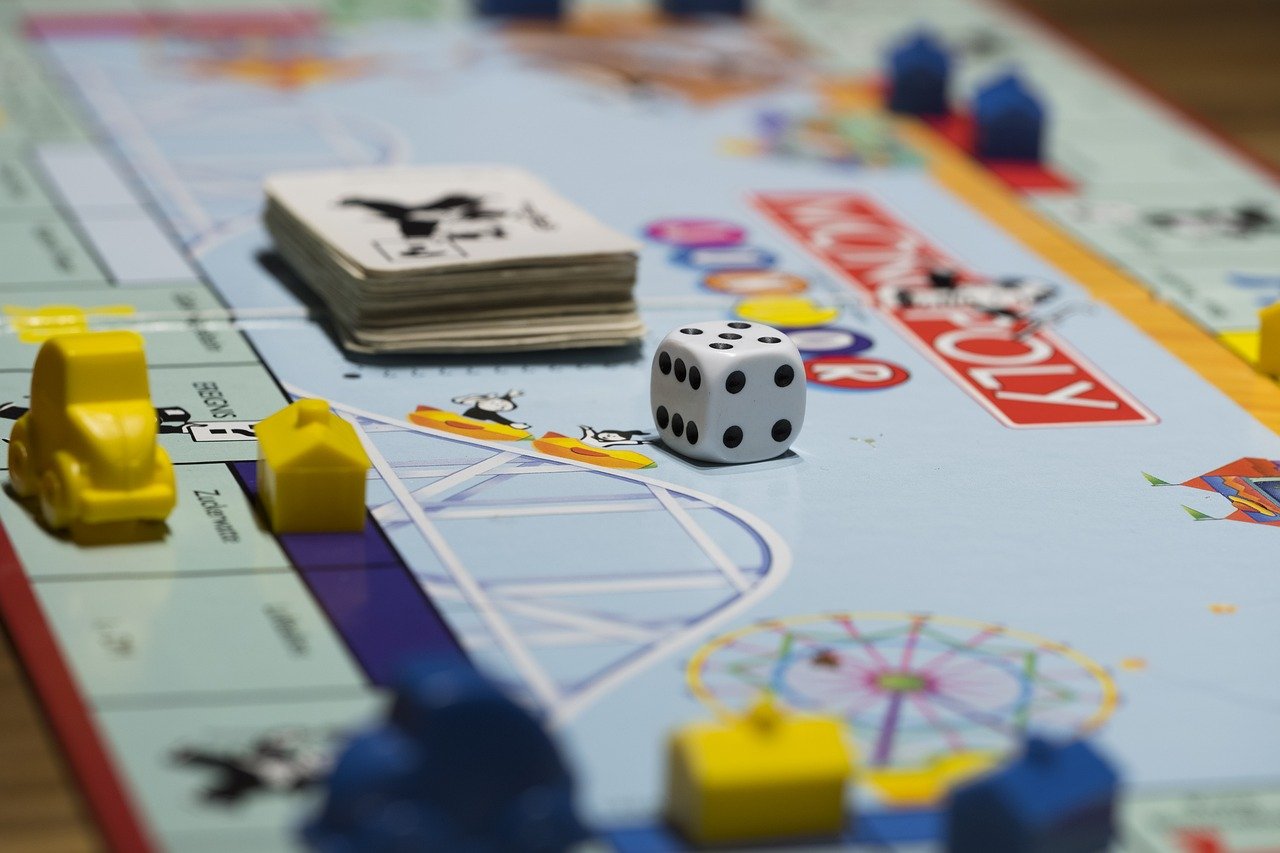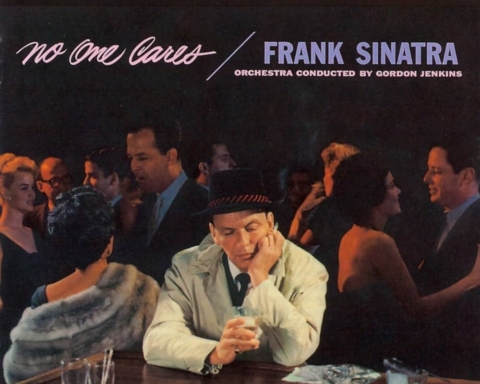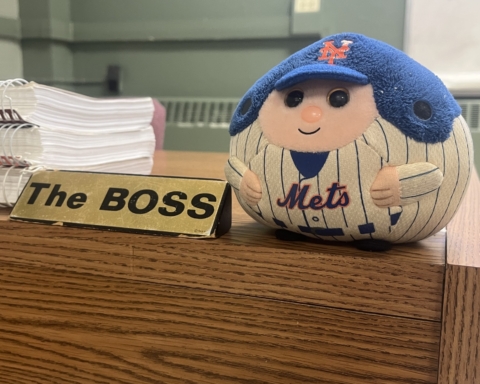BY ANDREW KRUSZKA, STAFF WRITER
Have you ever played a board game? How about a card game? Let’s see, have you ever played any game? When I ask this question, I mean any game at all? This could be a video game, board game, card game, sports game, or really anything you can think of. Playing tag or hide and go seek are most certainly games. I also understand that we are on a college campus, so some might indulge themselves with games that are for beverages that contain alcohol. My only hope is that if you decide to do that, you’re legally allowed to and you do it responsibly.
The parent talking in me is out for the rest of the article. Tune in next week if you’d like more.
Anyways, games! Have you ever thought of why a game is fun? I mean seriously, take a game like Monopoly. This is my favorite board game of all time. What makes this game so fun? It could most certainly be because, as a person who is probably not Jeff Bezos or Elon Musk, you probably aren’t a millionaire or billionaire like these folks. For a split second, though, you get to act as if you’re the monopolist, and you’re trying to take over the board with what essentially is fake money. I’m not playing for real money. I’m playing for the fun of it! So, what exactly is so fun?
These questions are asked and attempted to be answered all of the time by game designers. They are trying to do a few things. One, get you interested in what the game is. Two, ensure the rules are not too difficult so that you understand them. Three, get you playing, usually with a group of friends or your family. Most of the time, they try to make it into a friendly competition in the game. This means that once you leave the rules of the game because it is complete, you can go back to loving each other and not trying to steal their money like in the game on Monopoly.
Four, they’re trying to create an uncertainty and moves that make you strategize moves that you will make throughout the game. For instance, in the game of baseball, you can use strategies like bunting to move a runner over. They also want to create this sense of uncertainty or randomness in the game. Let’s go back to Monopoly; every time you roll, it could be a 1-6. Sometimes, there are only a few numbers that you want to see be rolled. If it’s not your numbers, you could be paying your friend some big money, CASH!
Last but certainly not least, number five: get their audience to say: “That was fun, when can we play this again.” A great game designer will love to hear these words. Not only are the participants acknowledging that they had fun, but they’re also willing to pick it up and play it again. In the world of game designing, you have received a gold star!
The reason why I write on this topic for this week is that there is a class being offered right now in the History department. It’s taught by Dr. Philip Payne and St. Bonaventure Archivist Dennis Frank, and it’s a course based on creating games through history. Now, the history part might sound boring to you, but honestly, it has been one of the best courses I have ever taken. Why, might you ask? The reason is that we get to dive into how exactly games are made, and why they are so fun to make and play. Also, for me, I enjoy history so that is a plus.
What I’m saying is, the next time you pick up a game to play with friends or family, ask yourself why you chose that game. You might be surprised at what you come up with.









